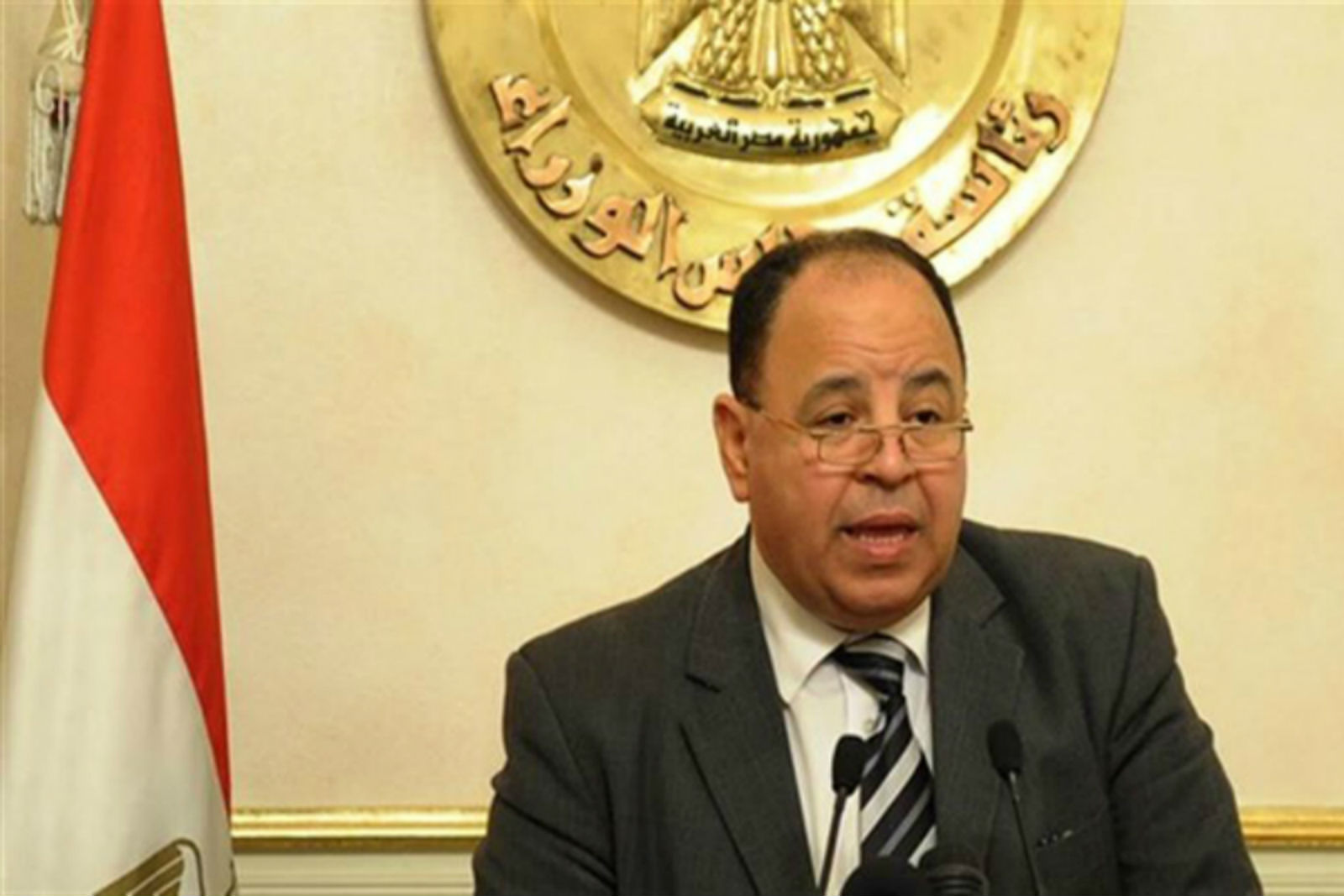Egypt’s reform program is nearly over as FY2018-2019 results show fiscal improvements -Maait

Egypt’s reform program is nearly over as FY2018-2019 results show fiscal improvements -Maait: Egypt is set to complete its economic reform program soon, and the country’s improved macroeconomic indicators and better-than-expected fiscal performance in FY2018-2019 confirm that the reforms are on the right track, Finance Minister Mohamed Maait said yesterday at a gathering organized by the Canadian-Egyptian Business Council (CEBC). The ministry is eyeing a primary budget surplus in FY2019-2020 of EGP 124 bn, the minister said. Previous Finance Ministry figures had indicated that the government’s budget surplus target for the current fiscal year was set at EGP 149 bn. Maait confirmed that the state achieved a primary budget surplus of EGP 104 bn, or 2% of GDP, in FY2018-2019, the proceeds of which will be used to pay off Egypt’s debts. Reuters also had the story.
Two more years until the average citizen feels positive impact of reforms: Maait said that Egypt will soon complete its phase of economic reform, the positive results of which will trickle down to citizens in two years’ time. The impact will be most significant in public wages, as well as education and health services, the minister said. The government is hoping to triple budget allocations for health and education by 2022, which will be achievable once the state’s debt burden has been reduced, according to the minister.
The government is planning to bring Egypt’s average debt maturity to five years within two years’ time, up from an average of four years currently, Maait said, according to the local press. The ministry began in March implementing its comprehensive debt reduction strategy, which initially aimed to reduce debt to 80% of GDP by 2022, but was amended last month to set a more ambitious target of bringing the debt-to-GDP ratio down to 77.5% by the end of FY2021-2022. The strategy relies largely on a gradual shift toward longer-term debt and diversifying its debt instruments.
Tax policy stability is the order of the day: The government is not looking to make changes to its tax policy or rates, and is trying to ensure the state’s overall tax framework supports the improvement of the country’s business climate, Maait said at the gathering, according to Al Mal. He noted that taxes comprise around 14% of the state’s annual income.
The government will be able to repay EGP 1.336 tn owed to pensioners within seven years, and is planning to pay EGP 160.5 bn to pension funds during the current fiscal year, with that figure set to increase to EGP 170 bn, EGP 192 bn, EGP 213 bn, and EGP 230 bn over the coming four fiscal years, the minister said. Maait had met yesterday with Social Solidarity Minister Ghada Wali to discuss the process of disbursing pension payments, according to Al Mal.